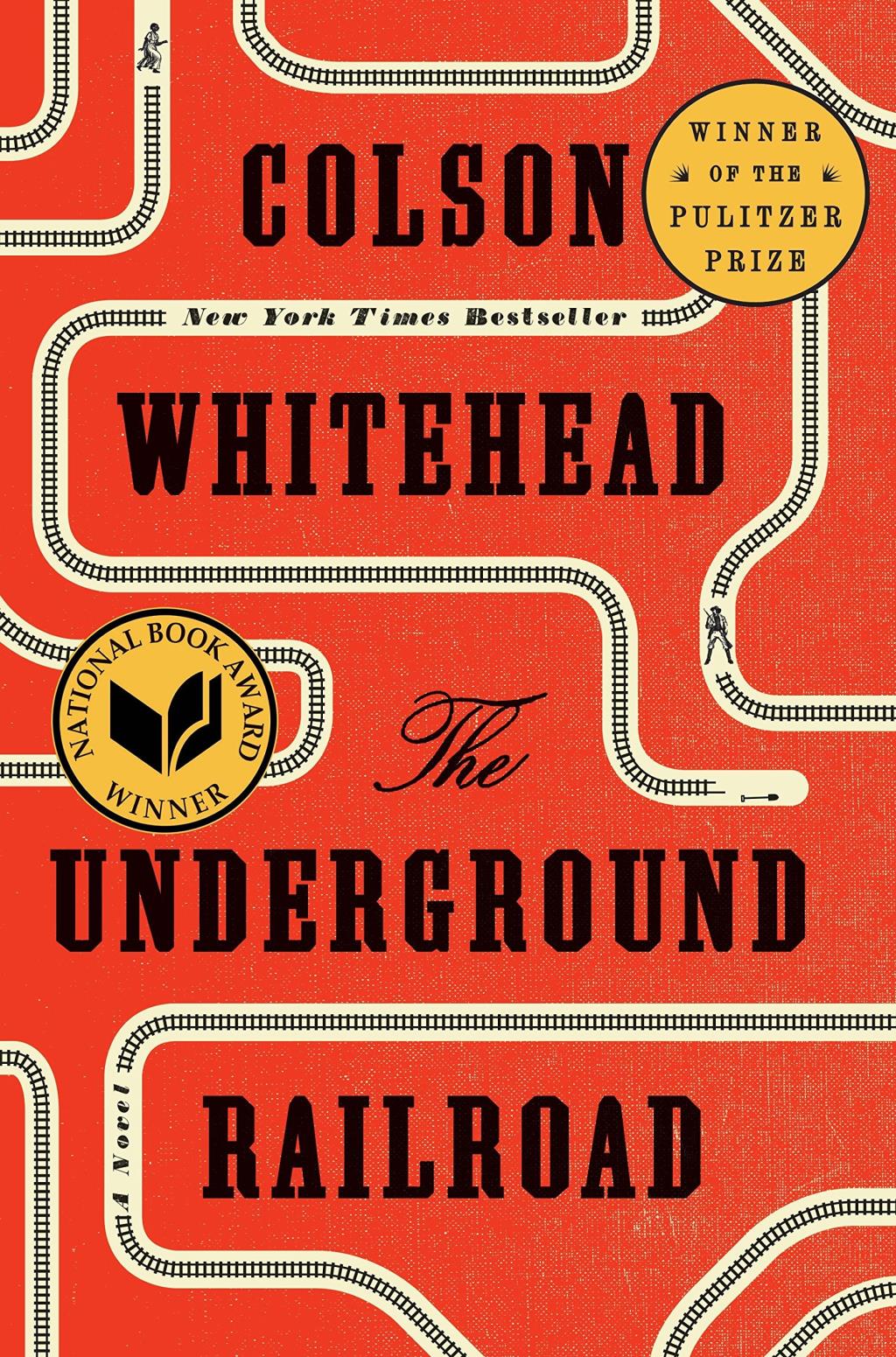
The underground railroad was a network of abolitionists who helped American slaves to escape to freedom before the Civil War. However, I imagine that most people uneducated of American history, when they first heard the term, would picture a massive train network running underground in North America. Colson Whitehead takes this exact misconception, and implements it at the center of his novel The Underground Railroad.
Cora, the protagonist of the novel, is a slave in a Georgia plantation. Prompted by the ominous consequence of defending a child slave from the plantation owner, the dire living conditions in the planation, and the sudden disappearance, presumably escape, of her mother, Cora, with the help of another slave named Caesar, also escapes the plantation through an underground train network.
Throughout the novel, Cora travels to several states in the United States in pursuit of freedom using the railroad. She faces drastically different situations in each state, with each a reference to different situations African Americans faced throughout American history - a plot that took inspiration from Gulliver’s Travels, a satirical novel from Johnathan Swift. This means that not everything Cora faced is accurate timewise. While the story takes place approximately in the 1830s, Cora encounters events that would happen to African Americans a century later. While the jumping around of time and space makes the novel almost fantastical, the tone of the story is brutally realistic. Whitehead goes without reservation to cruelly describe the dire situations Cora(African Americans) faced: raping, beating, hanging...
The Underground Railroad is a powerful satire that reflects on the issue of the day: racism in modern times. With each place Cora escapes to and from, she never seems to be able to really obtain true freedom, even after escaping from the plantation. This is very much a comment on the situation of African Americans in the modern United States, who faced countless setbacks on freedom and equality even though they are supposedly liberated from slavery. My favorite part of the story masterfully demonstrates the irony. In North Carolina, black people are captured and hanged(fictionally) without reason because they are thought of as a threat to southern society. This still resonates today, evidently seen in the police murder of Georage Flloyd and countless other incidents in and out of the public eye.
One thing I found odd and unlikable about the book was its use of minor or sometimes major characters. Many names pop up without a specific or general purpose and many minor characters are described at length with the same problem. In fact, Whitehead dedicates several chapters to characters that do not become relevant to later parts of the story. The digression to these minor characters seems to be distracting the focus and satire of the story.
Overall, however, the problem with the minor digression is far overshadowed by the splendid storytelling of Colson Whitehead along with the excellent references to the discussion of racial issues. As the subject grows in importance today, I would recommend this novel to teenage and above readers, and a bonus for those lovers of American history, who might find the abundance of references to historical events quite amusing.
Check out The Underground Railroad from the Newport Beach Public Library.